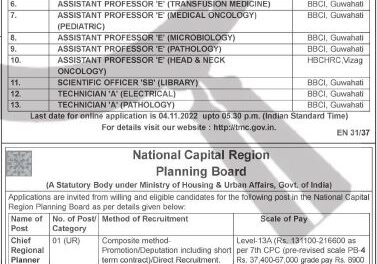
A study published in the American Journal of Obstetrics and Gynecology suggests that adopting a primarily plant-based diet is linked to a reduced risk of developing hypertensive disorders during pregnancy.
The research, a prospective cohort study involving 11,459 women aged 18 and older, assessed their dietary habits using a validated questionnaire on the frequency and quality of plant-based foods. The participants were part of the Nurses’ Health Study II (1991–2009). Based on their responses, the researchers calculated a plant-based diet index (PDI), even for those with an omnivorous diet. A higher score indicated greater adherence to the PDI.
Lead author, Jorge E. Chavarro, MD, ScD, explained, “We wanted to know how one’s diet leading up to pregnancy influences the pregnancy, so we monitored women for virtually their entire reproductive life — almost 20 years — and gained an awareness of their typical diet before pregnancy.” Chavarro, a professor at Harvard University, specializes in studying how nutrition and lifestyle affect reproductive and overall lifelong health in women.
Analysis of the data revealed that as the proportion of animal products in diets decreased and the proportion of plant-based products increased, the risk of hypertensive disorders of pregnancy decreased as well. Women in the highest PDI quintile had a significantly lower risk of hypertensive disorders of pregnancy compared to those in the lowest quintile (relative risk [RR], 0.76). This association was slightly stronger for pregnancy-related hypertension (RR, 0.77) than for preeclampsia (RR, 0.80).
Chavarro emphasized, “It was clearer for pregnancy-related hypertension than for preeclampsia, but a diet made up primarily of plant-based foods seemed to be protective for both.” He also pointed out that aside from the problems these conditions cause during pregnancy, both increase the risk of developing other chronic diseases later in life.
Mercedes Sotos-Prieto, PhD, a researcher at the Autonomous University of Madrid, noted the robustness of the study’s methodology and the use of appropriate statistical techniques. She believes the study’s focus on this specific population group is significant. “There has always been greater resistance when it comes to the diet of pregnant women, and the same is true for older adults. But we have seen that this type of diet, if it’s a quality diet, may be associated with health benefits.”
The study used a scoring system to assess the overall quality of the plant-based diet rather than emphasizing individual food items. It categorized food groups into healthy plant-based foods, unhealthy plant-based foods, and animal-based foods. Healthy plant-based foods received positive scores, while less healthy plant-based foods and animal-based food groups received negative scores.
The study found that women in the highest PDI quintile had a significantly lower risk of hypertensive disorders of pregnancy compared to those in the lowest quintile. There was a negative dose-response relationship between PDI and risk of the disease.
Chavarro acknowledged that transitioning to a plant-based diet can be challenging for some, but clarified that complete vegetarianism or veganism isn’t necessary. Women in the highest PDI quintile consumed significantly fewer animal-based foods without necessarily being strict vegetarians or vegans. He added that a vegan diet can be supplemented with vitamin B12 to meet nutritional needs.
The benefits observed in the study, to some extent, appear to be related to better weight control. Body mass index (BMI) between dietary assessment and pregnancy explained a significant portion of the relationship between PDI and hypertensive disorders of pregnancy.
Chavarro emphasized the importance of weight control at the start of pregnancy, noting its potential positive effects on factors like gestational diabetes. He suggested that interventions should focus on ensuring women enter pregnancy at an appropriate weight.
Regarding the generalizability of the results to different populations, Chavarro acknowledged the need for further research in diverse groups but believed that the findings could inform other populations regardless of ethnicity.
In conclusion, while more research is warranted, these results suggest that adopting a plant-based diet may be a beneficial strategy, especially for women over 35 who are considered at higher risk for pregnancy complications. However, Chavarro acknowledged the need to make decisions based on the available evidence, even if it’s not perfect, in order to provide the best guidance to those who need it.











